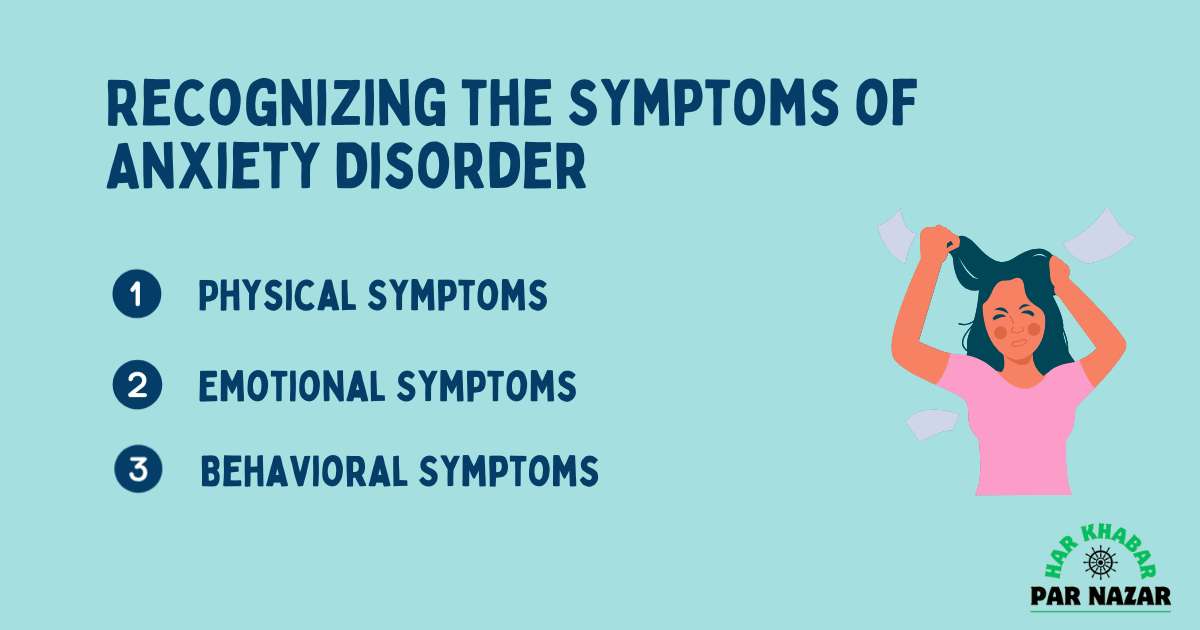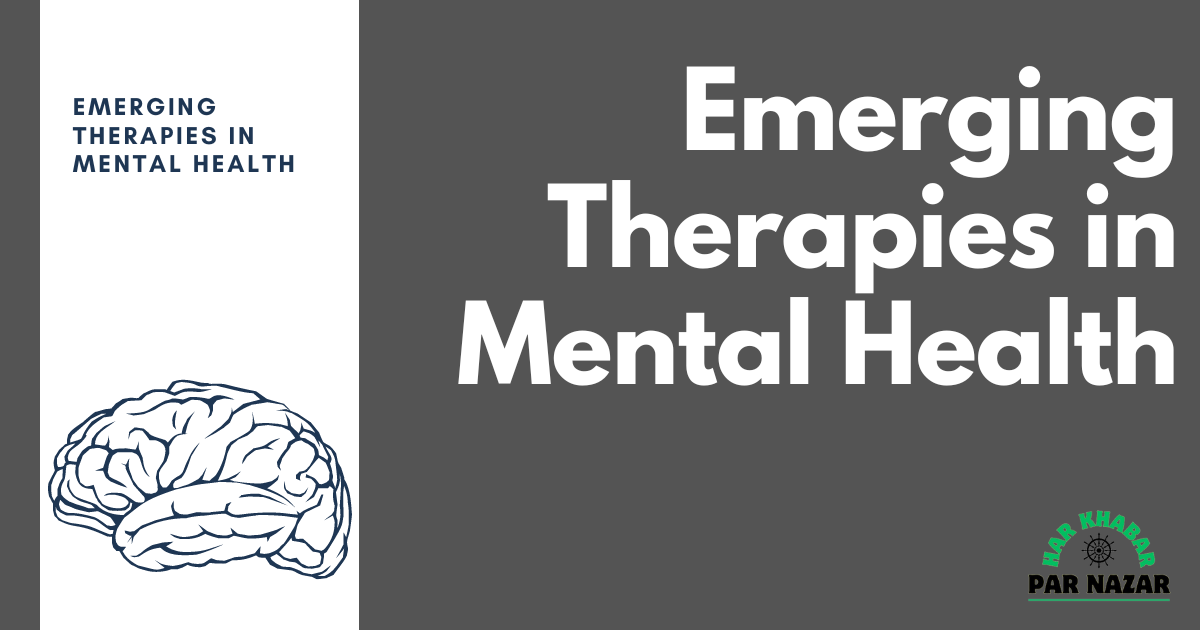.png)
Journey to Wellness Exploring Mental Health for a Fuller Life
In today's fast-paced world, mental health and wellness are more critical than ever. While we often focus on physical health, our mental well-being plays an important significant role in our overall quality of life. This article will analyze the importance of mental health, offering practical strategies, professional insights, and real-life testimonials to help you achieve a balanced, fulfilling life.
In this post, we'll cover the intersection of mental and physical health, daily maintenance strategies, the role of community support, and professional advice. Whether you're a mental health advocate, wellness enthusiast, or improve your mental health, this guide is for you.
Understanding the Intersection of Physical and Mental Well-being
-
The Mind-Body Connection
Exercise, nutrition, and sleep all impact mental well-being. Physical activity releases endorphins, improving mood and reducing stress. A balanced diet provides important nutrients for brain function, and sufficient sleep ensures mental clarity and emotional stability.
-
Stress and Its Impact on Health
Continuous stress can cause anxiety, depression, and physical ailments like heart disease and weakened immune function. Managing stress through mindfulness, exercise, and relaxation techniques is essential for maintaining overall health.
-
Holistic Approaches to Wellness
Integrated wellness and mental health approaches consider the whole person. Practices such as yoga, meditation, and holistic therapies can help align the mind and body, promoting a sense of balance and well-being. These methods emphasize the importance of addressing both physical and mental health simultaneously.
Practical Strategies for Daily Mental Health Maintenance
-
Establishing a Performance
Embracing a consistent daily routine can bring essential structure and stability to your life. Reducing anxiety and stress. Start by setting aside time for self-care movements such as exercise, meditation, and hobbies. This helps create a sense of normalcy and predictability in your day.
-
Journaling and Reflection
Write down your ideas and emotions can be incredibly therapeutic. Journaling allows you to process emotions, gain insights, and identify patterns. It can also provide as a valuable tool for tracking progress and setting goals for mental health improvement.
The Role of Community and Support in Mental Wellness
-
Building a Support Network
Having a strong support network is crucial for mental wellness. Your relatives can provide emotional support, guidance, and encouragement. Don't hesitate to reach out to others when you need help.
-
Participating in Support Groups
Support groups offer a sense of community and shared experiences. They provide a safe space to discuss challenges, share coping strategies, and receive validation. Whether in-person or online, support groups can be a valuable resource for mental health advocates.
-
Engaging in Social Activities
Social connections are essential for mental well-being. Engaging in social activities fosters a sense of belonging and purpose, alleviating loneliness and isolation.
Real-life Testimonials and Success Stories
-
Overcoming Anxiety
Jane, a wellness enthusiast, struggled with anxiety for years. Through consistent mindfulness practice and support from her community, she learned to manage her symptoms effectively. Today, Jane leads a more balanced and fulfilling life.
-
Battling Depression
Mike, a mental health advocate, faced severe depression after a major life event. With professional help and a strong support network, he gradually found his way back to a healthier state of mind. Mike now shares his story to inspire others facing similar challenges.
-
Achieving Holistic Wellness
Sarah, an advocate for integrated wellness and mental health, combined physical exercise, nutrition, and mindfulness to achieve holistic wellness. Her commitment to a balanced lifestyle has transformed Please keep this in mind: "Her mental well-being and overall quality of life."
Professional Insights and Advice on Navigating Mental Health Challenges
-
Seeking Professional Help
It's essential to recognize when professional help is needed. Therapists, counselors, and psychiatrists can provide expert guidance and support. Don't hesitate to seek help if you're struggling with mental health issues.
-
Developing Coping Mechanisms
Mental health professionals can help with effective coping mechanisms to manage stress and anxiety. Techniques like cognitive-behavioral therapy (CBT) and mindfulness-based stress reduction (MBSR) are proven effective.
-
Continuous Learning and Growth
Mental health is a lifelong journey. Stay informed about new research, therapies, and strategies to maintain and improve your mental well-being. Continuous learning and growth are vital for sustaining a healthy mind.
Conclusion
Mental health and wellness are integral to living a fulfilling life. By comprehending the relationship between physical and mental health, implementing daily maintenance strategies, and seeking support from your community, you can achieve a balanced and healthy lifestyle.
Remember, mental health is a continuous journey. Encourage yourself to seek professional help when needed and engage in activities that promote well-being.
.png)
.png)



